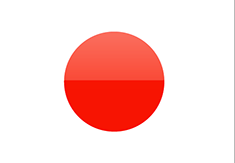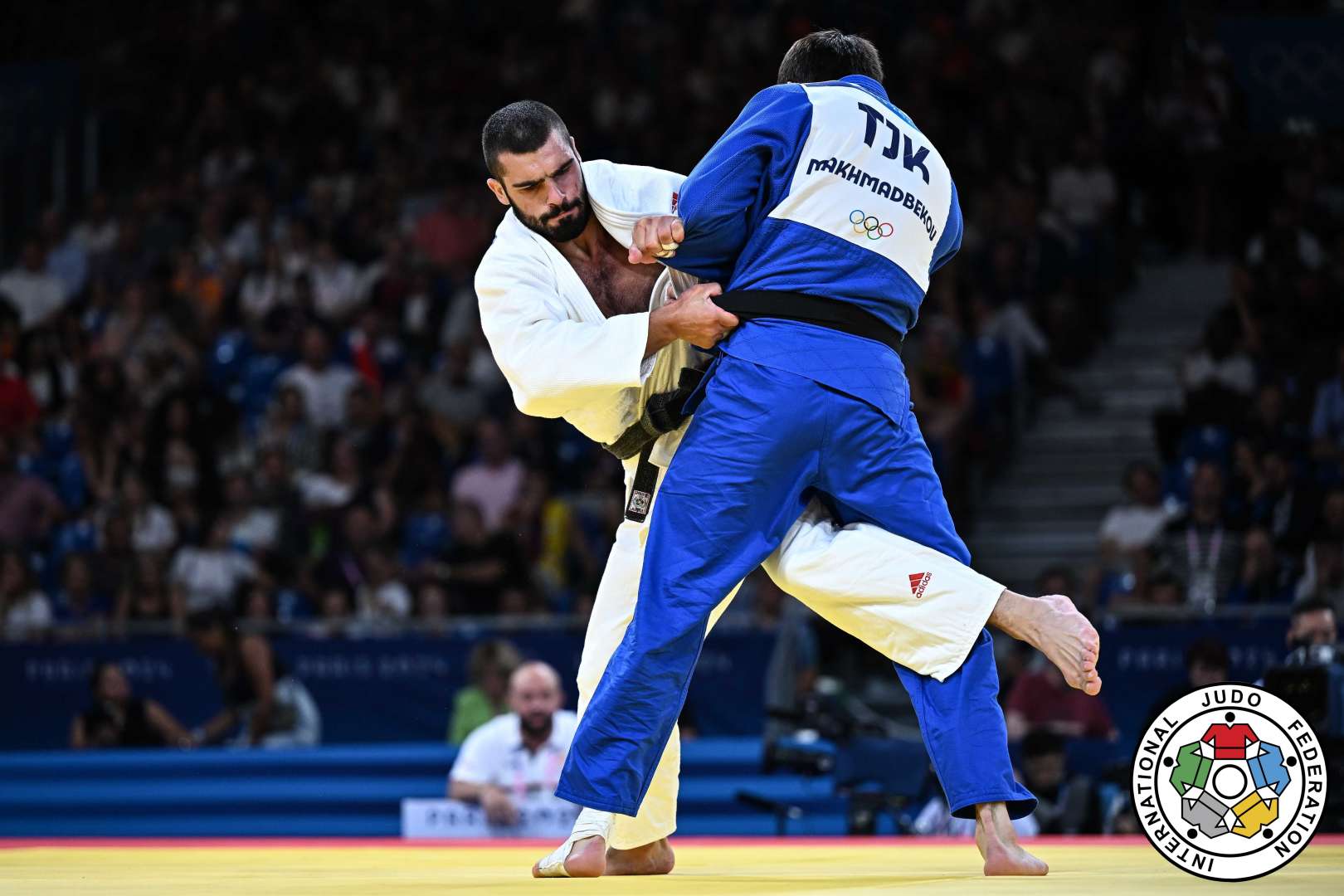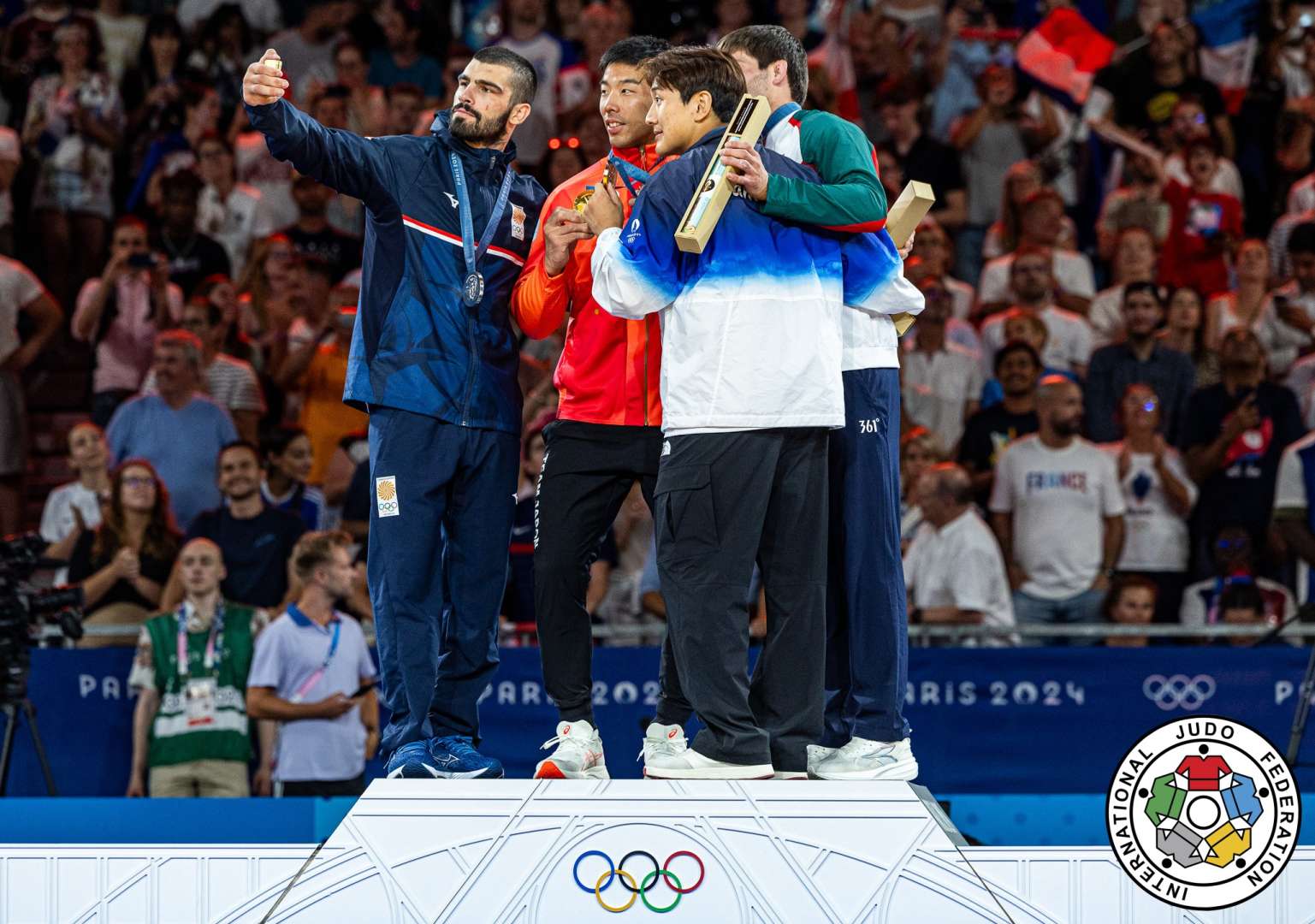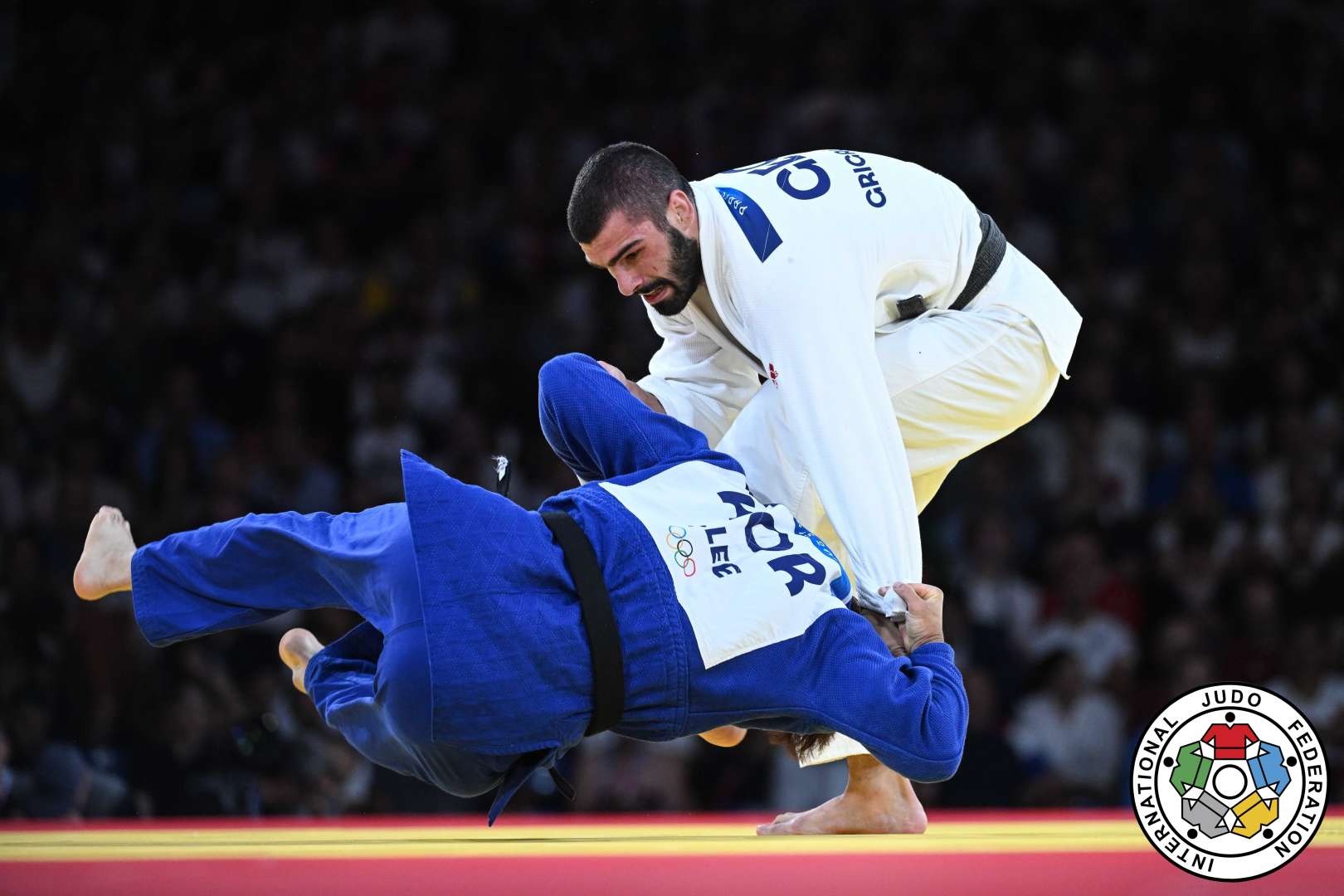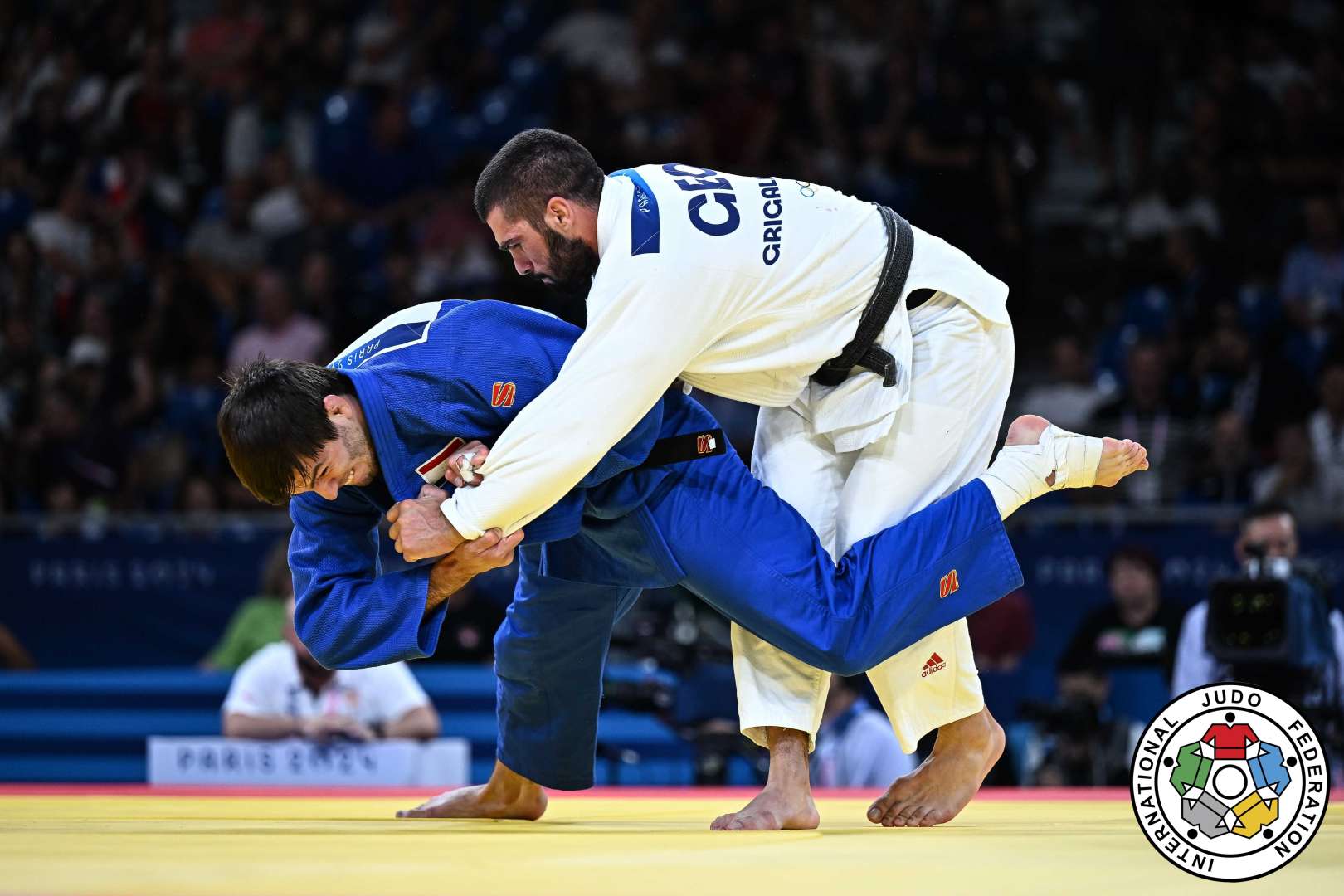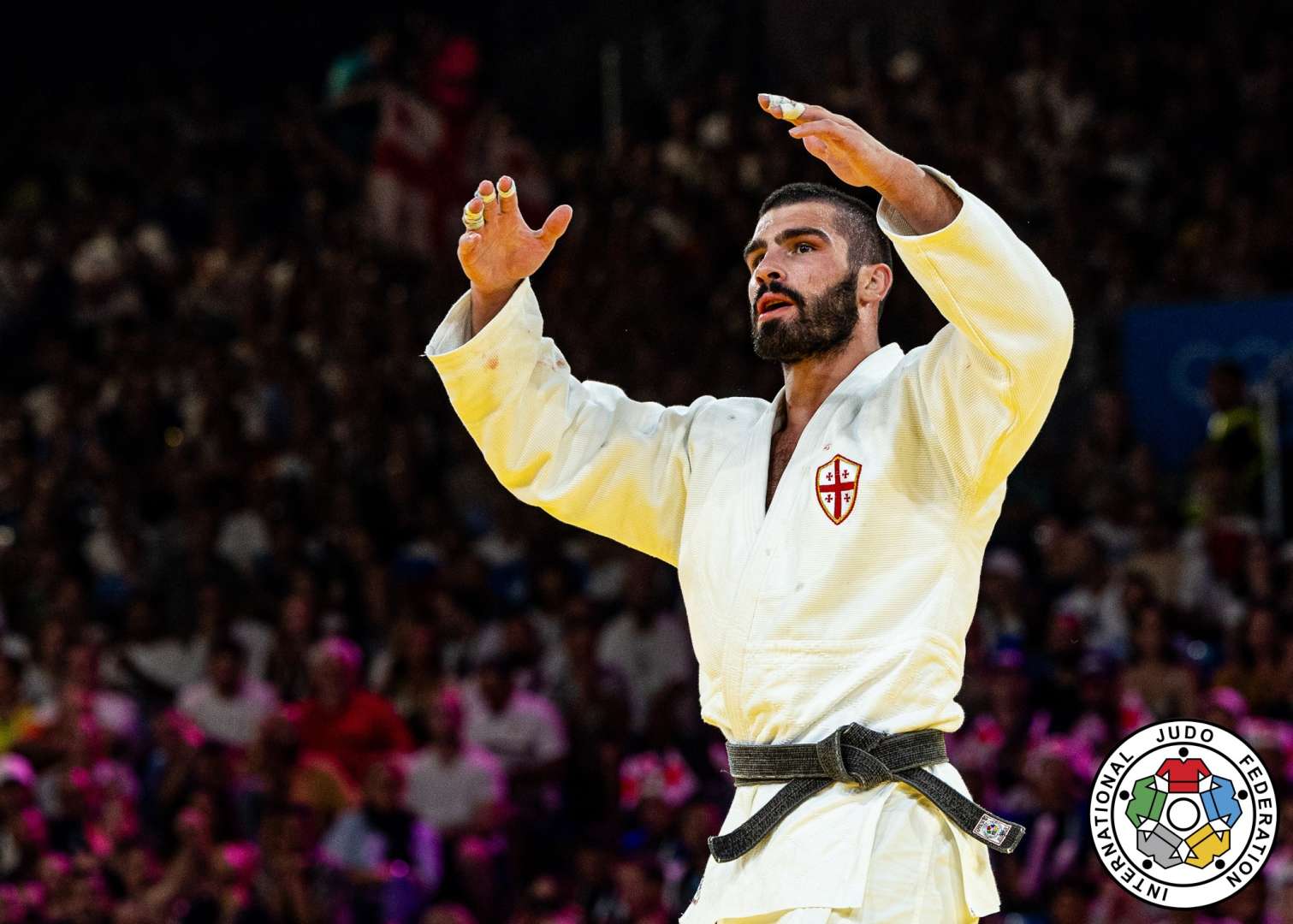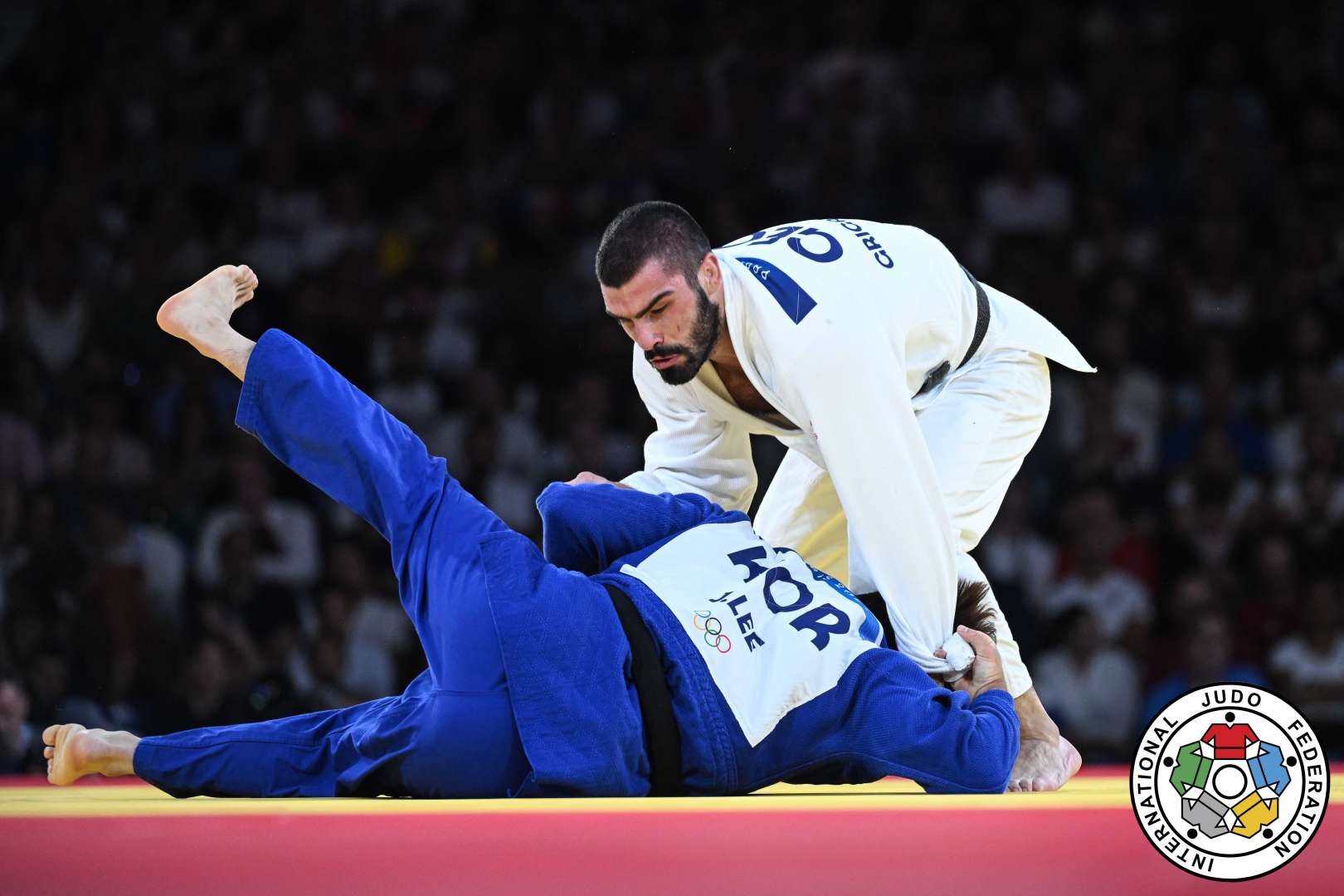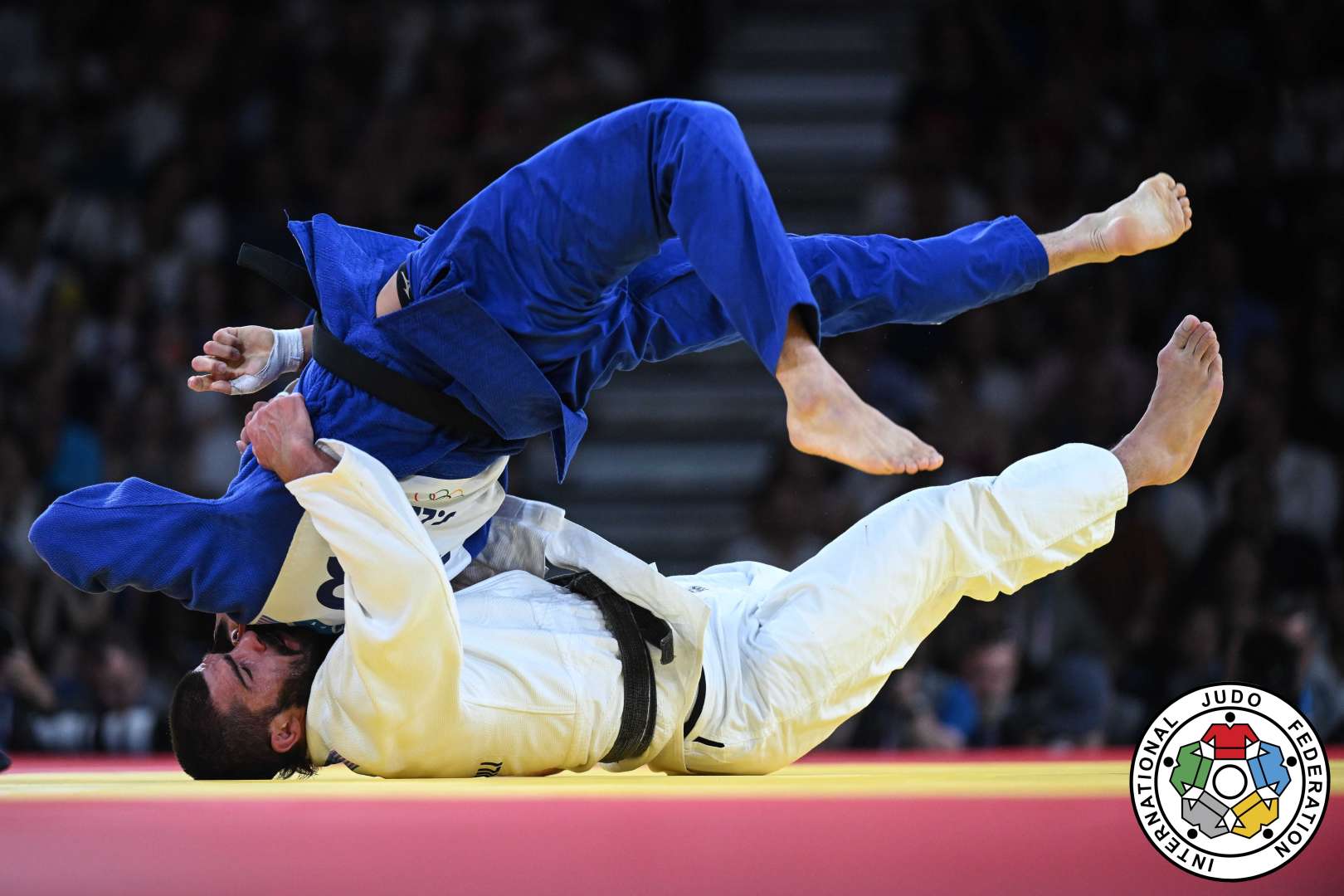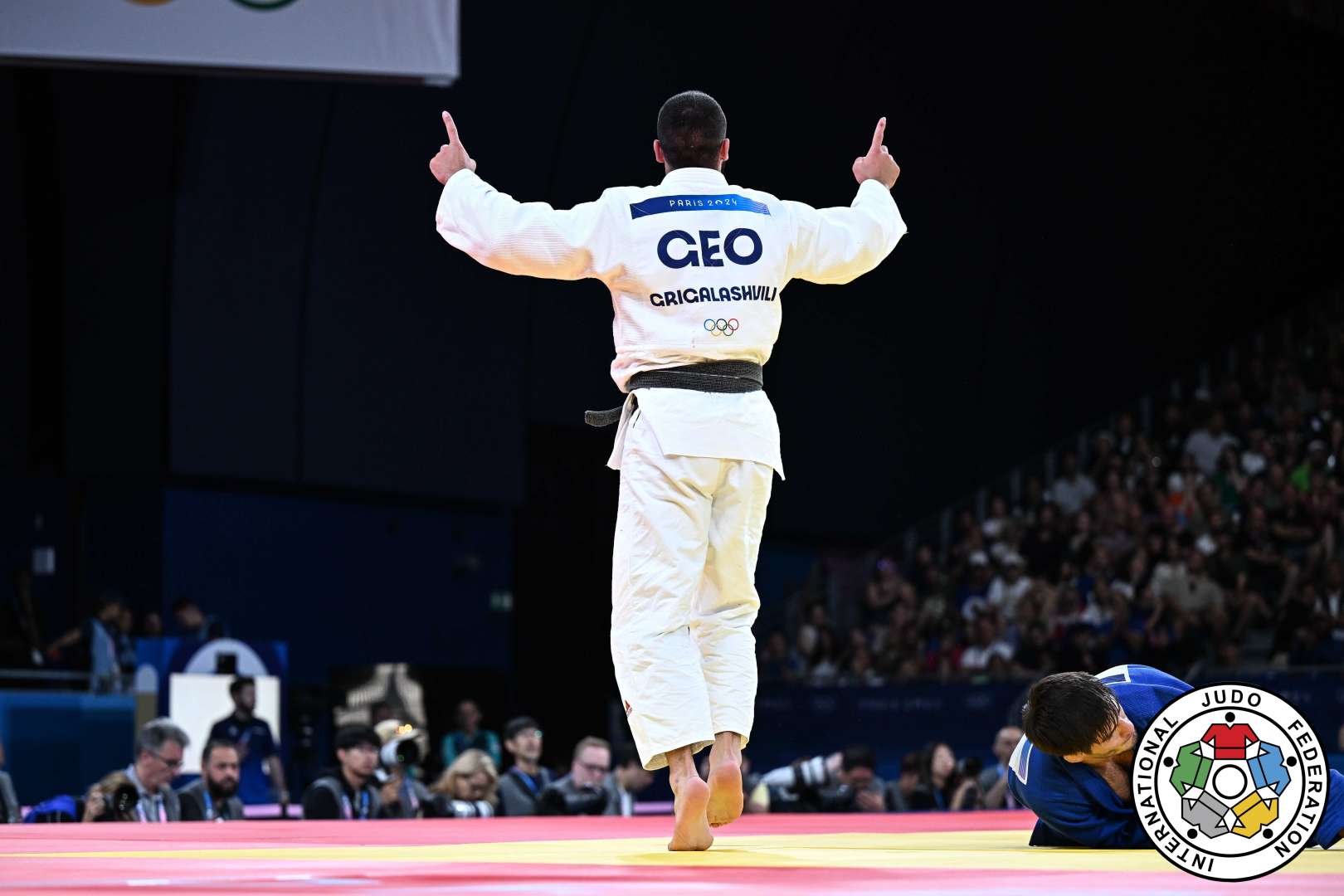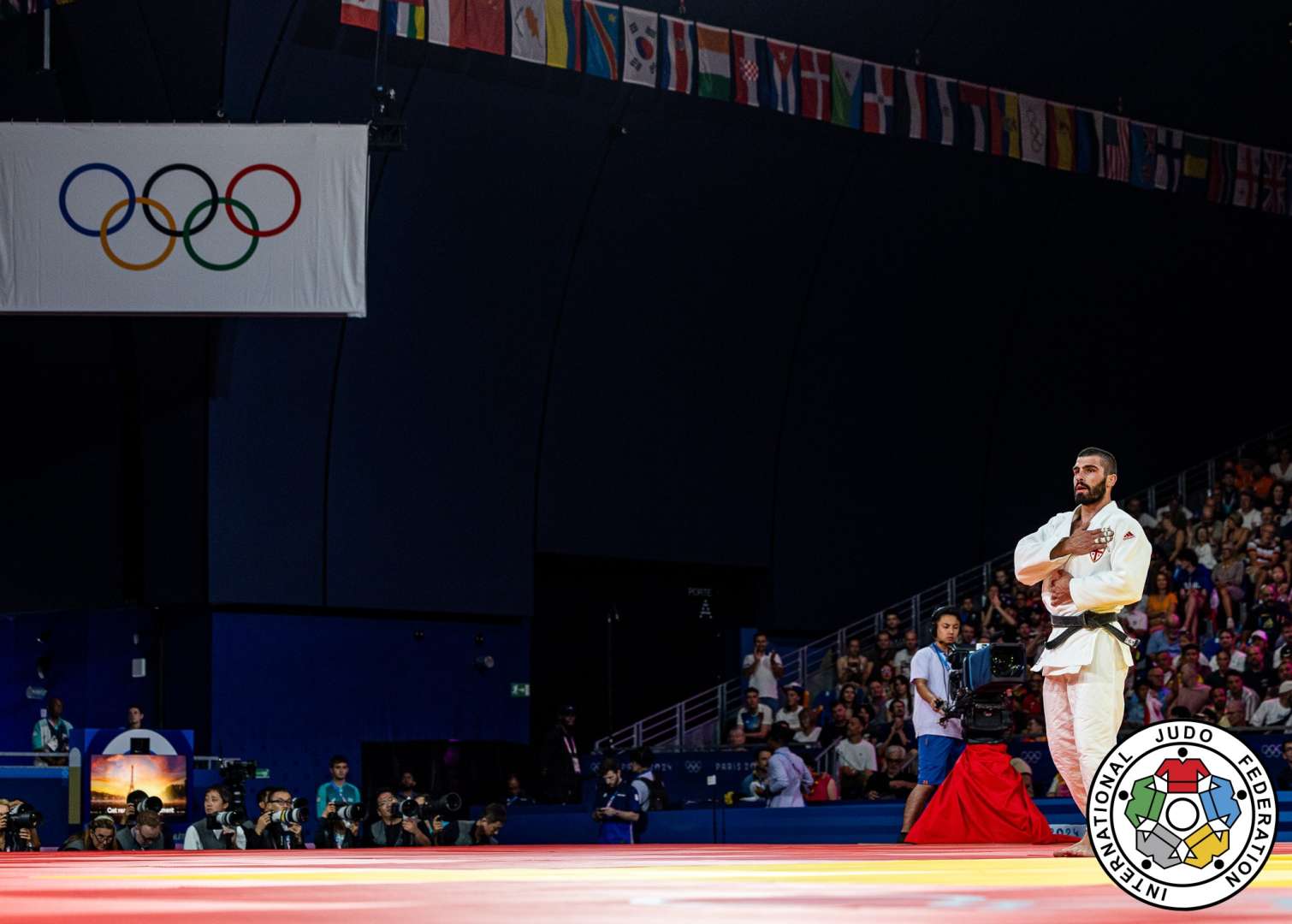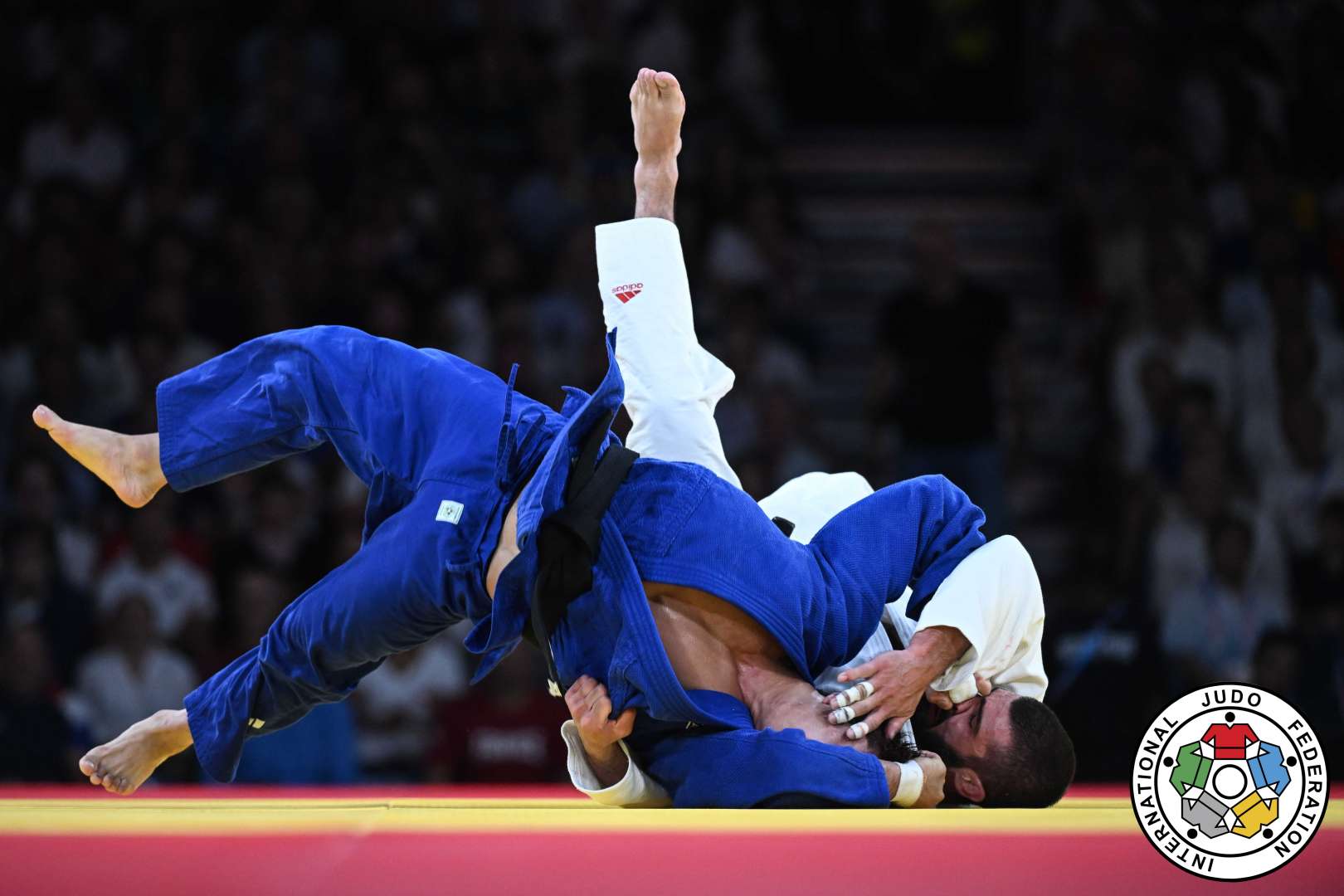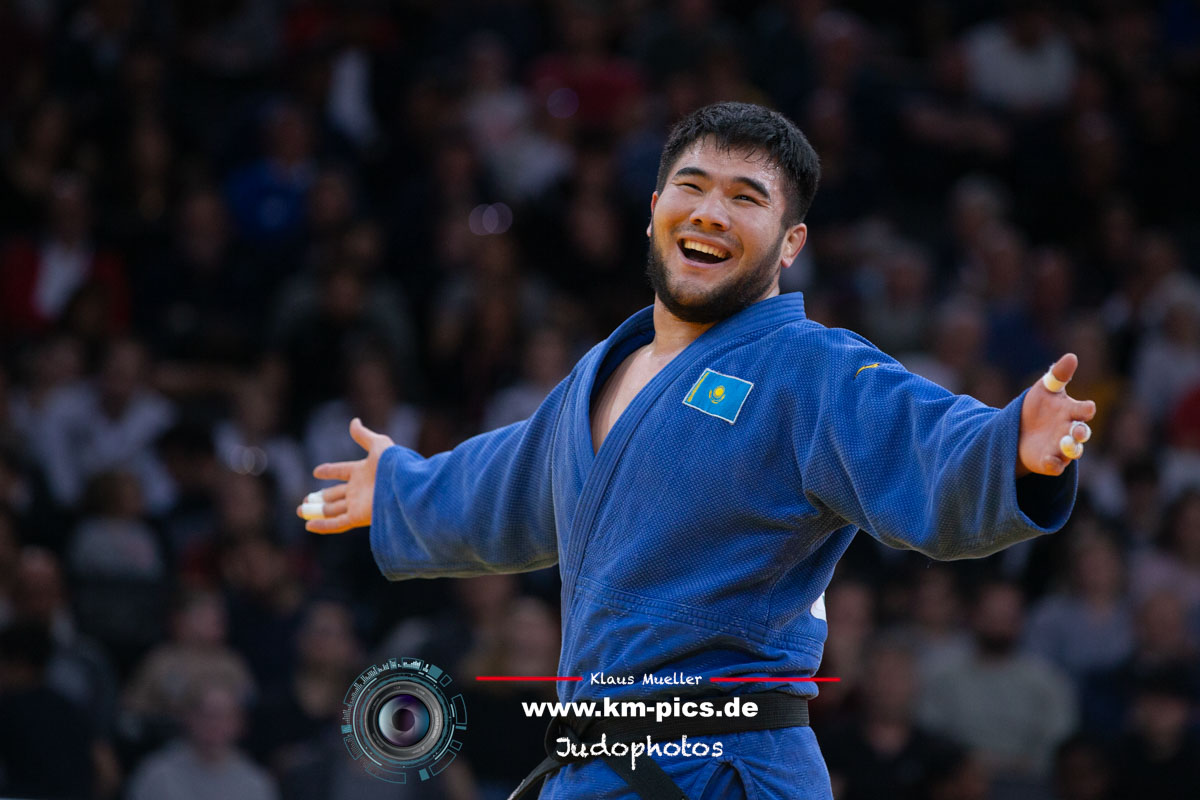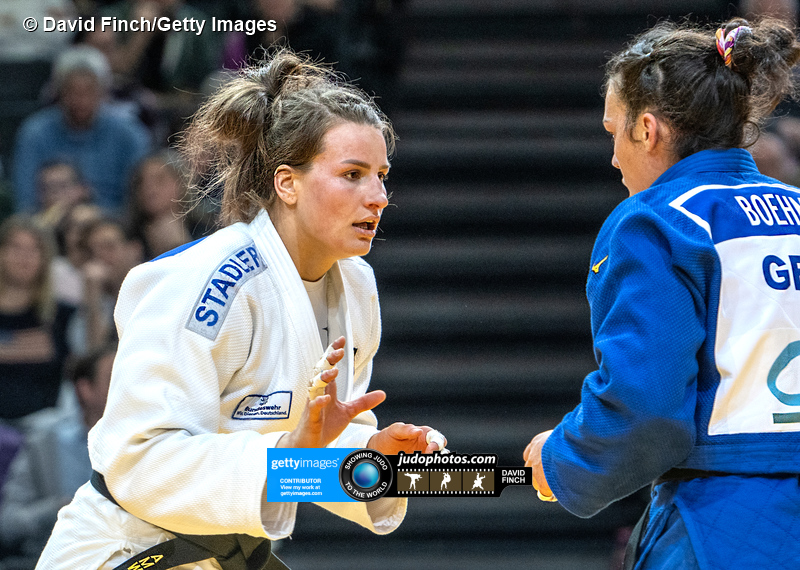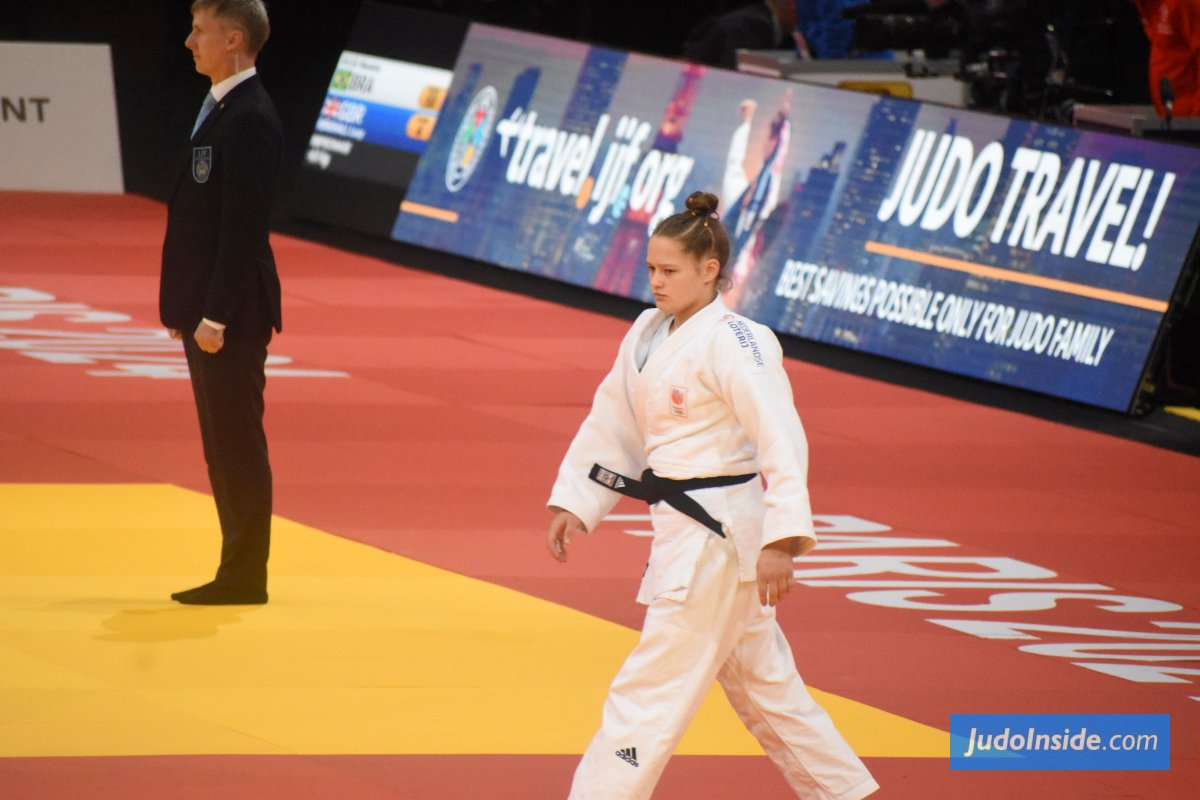Judoka Islam Al-Shehabi was acquitted of doping charges
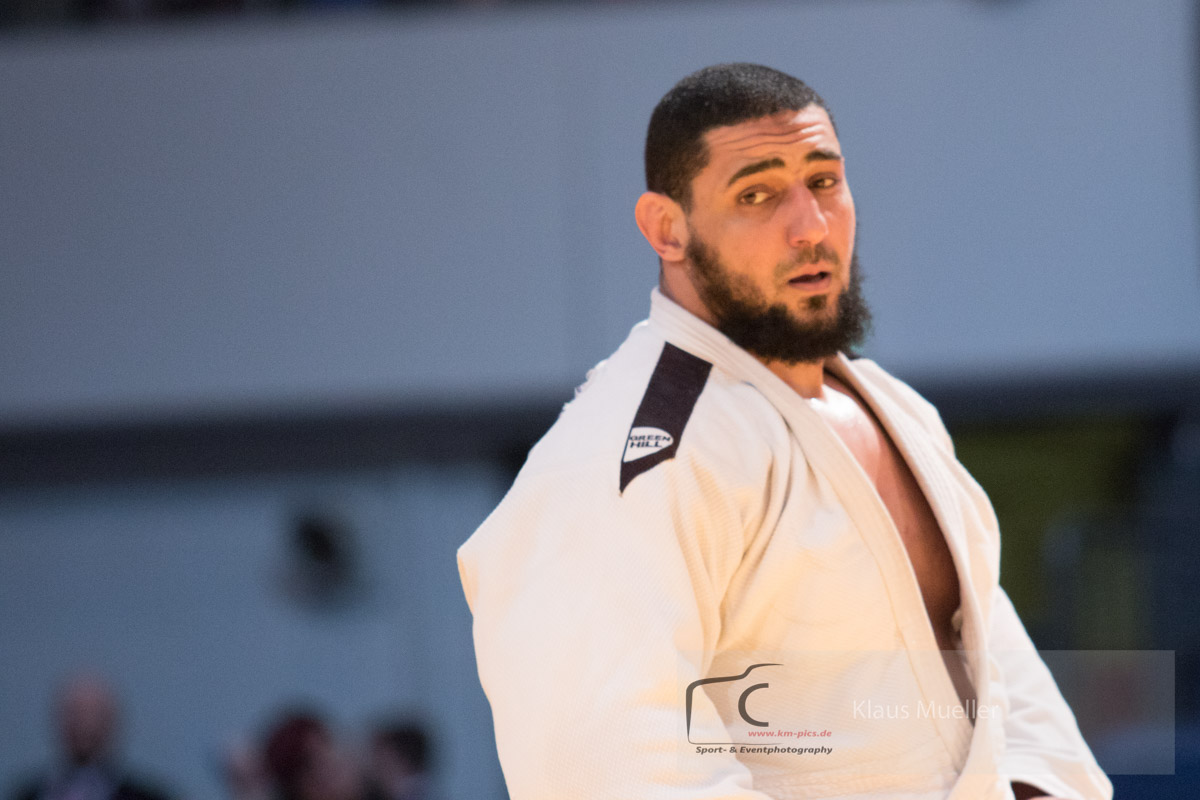
 16 Aug 2020 21:35
16 Aug 2020 21:35
 Abeer Anwar
Abeer Anwar
 Klaus Müller / Watch: https://km-pics.de/
Klaus Müller / Watch: https://km-pics.de/
Egyptian judo player Islam Al-Shehabi who refused to shake the hand of his Israeli opponent in the 2016 Olympic Games, has been cleared of taking drugs. Islam Al-Shehabi was granted the ruling after the Court of Sport Arbitration (CAS) issued its decision to lift his eight-year suspension last week.
The International Doping Organisation (WADA) decided earlier to suspend Al-Shehabi for eight years after it was proven that he had doped during the Republic Championship in which the player participated in January 2019.
Abdallah Al-Shehabi, the player’s lawyer, filed a lawsuit at the time with CAS demanding that the punishment imposed on the player be scratched and that he be compensated for damages caused to him by the announcement of his suspension, which would have forced him to miss two championships the past year.
The player also received compensation of 3,000 Swiss francs (LE52,740) which he donated to the Egyptian Anti-Doping Organisation. “I am really satisfied with the decision that came a bit late but is a fair one. I was sure that I will be declared innocent because as an Olympian and a champion I know very well what the harm of doping is,” Al-Shehabi said after the verdict.
Al-Shehabi refused to shake hands with his Israeli opponent Or Sasson in their first-round heavyweight bout in the 2016 Rio De Janeiro Olympics.
With about a minute and a half left in the bout, Sasson earned an automatic victory with two throws of Al-Shehabi.
Al-Shehabi lay flat on his back for a moment before rising and standing opposite Sasson in front of the referee. When Sasson extended his hand, Al-Shehabi backed away, shaking his head.
The referee called Al-Shehabi, 34, back to the mat and demanded that he bow; he gave a quick nod and was loudly booed as he exited.
The International Olympic Committee set up a disciplinary commission to look into the incident. It said Al-Shehabi received a “severe reprimand” for his behaviour. It said he violated the “rules of fair play and against the spirit of friendship embodied in the Olympic Values.” He was sent home by the Egyptian Olympic Committee before the Olympics closing ceremony.
Al-Shehabi retired immediately after the games, in August 2016.
“He was alerted before the match to abide by all the rules and to have a sporting spirit during his match with the Israeli player,” Egypt’s Olympic Committee said. “What the player did after the match, not shaking hands with his rival, is a personal action.”
Al-Ahram Weekly’s former editor-in-chief Galal Nassar wrote at the time, “As long as you agreed to play an Israeli champion in the Olympics, you should have exchanged the greeting. Al-Shehabi’s move backfired, and the Israeli athlete ended up with more sympathy. We have lost in terms of sports and politics,” Nassar said.
But the International Judo Federation (IJF) had a different take on the incident, calling it a sign of progress that the bout even took place between the two athletes after many Egyptians urged Al-Shehabi to withdraw and not face the Israeli player.
Similar incidents have happened before between Israeli and Egyptian judo athletes. At the quarter-finals of the 2011 judo Grand Slam in Moscow, Egyptian Ramadan Darwish refused to shake hands with Israeli Arik Zeevi. The next year, Darwish again declined to shake hands with Zeevi after beating the Israeli in their quarter-final match in a tournament in Dusseldorf.
Al-Shehabi was nine times African champion from 2002-2013 and was world bronze medalist in 2010 in Tokyo. He won 18 World Cup medals and notched up victories in Abu Dhabi, Dusseldorf, Cairo, Moscow, Qingdao and Baku. In 2016, he won the silver at the Grand Prix in Dusseldorf. Al-Shehabi was ranked No 1 in 2010 in the IJF world ranking for seniors over 100kg.
 like
like
 share
share
6.jpg)
| Result | City | Date |
|---|---|---|
| 2 | Paris | 2024 |
| 1 | Abu Dhabi | 2024 |
| 1 | Zagreb | 2024 |
| 3 | Belgrade | 2023 |
| 2 | Montpellier | 2023 |
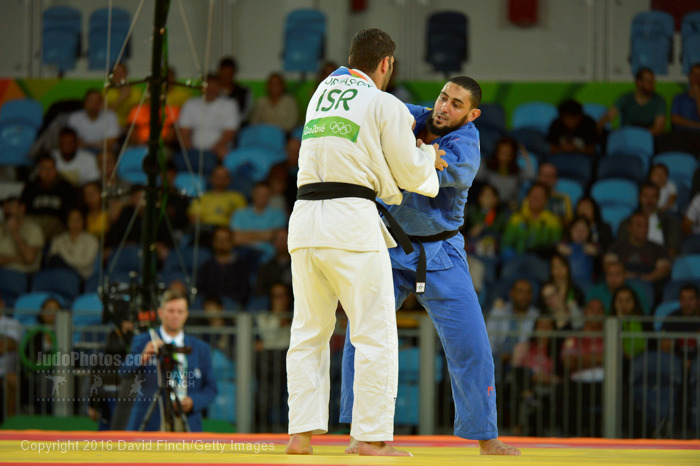

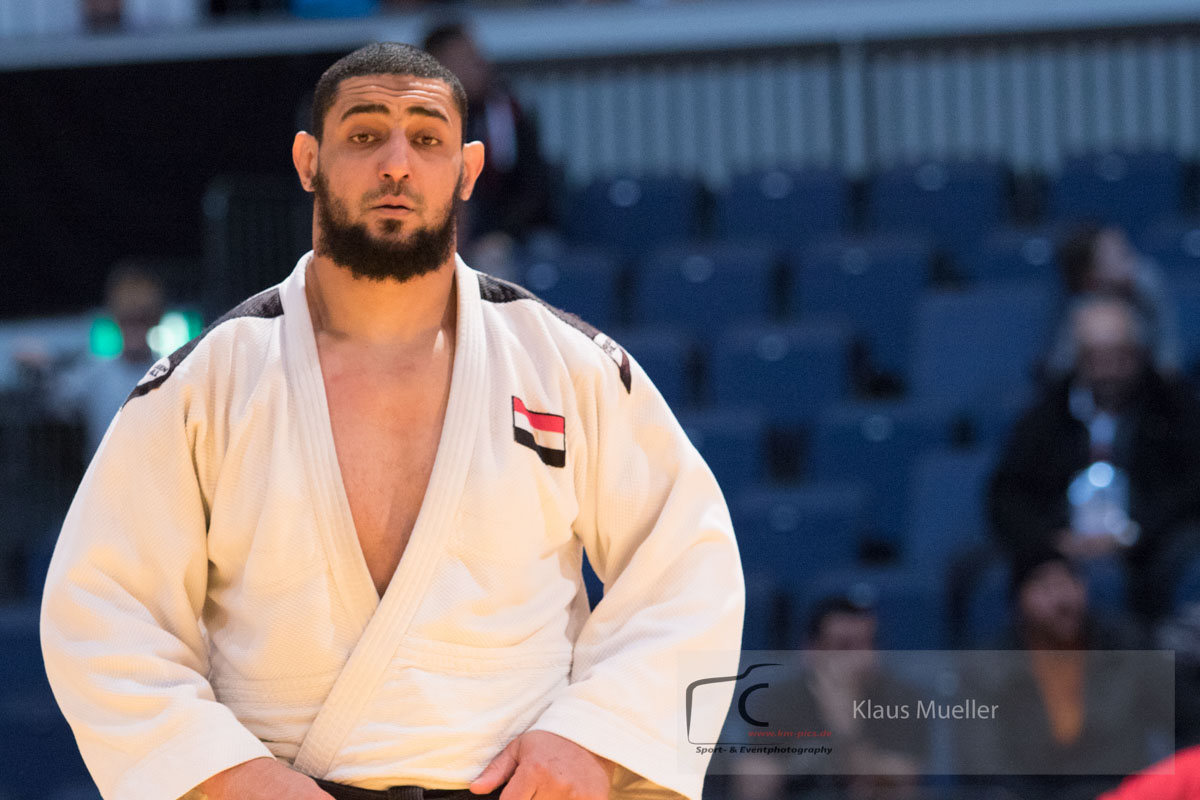
 sm.jpg)
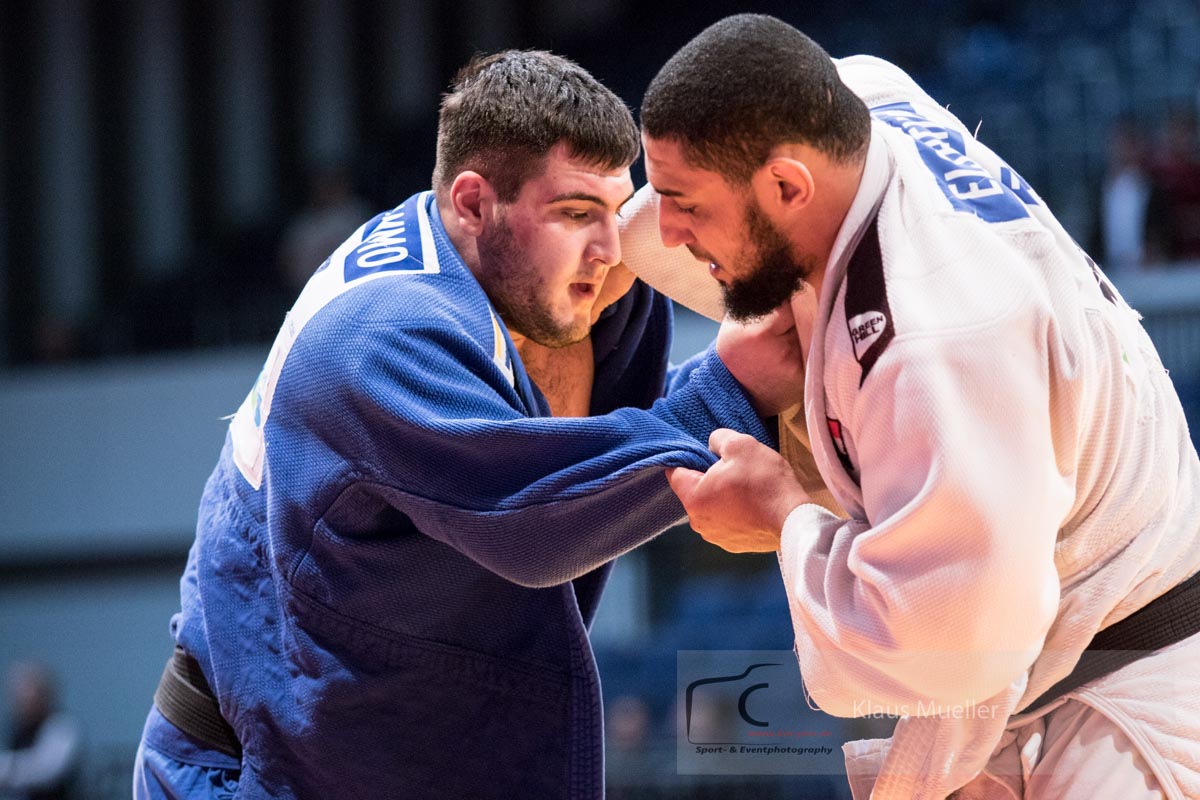
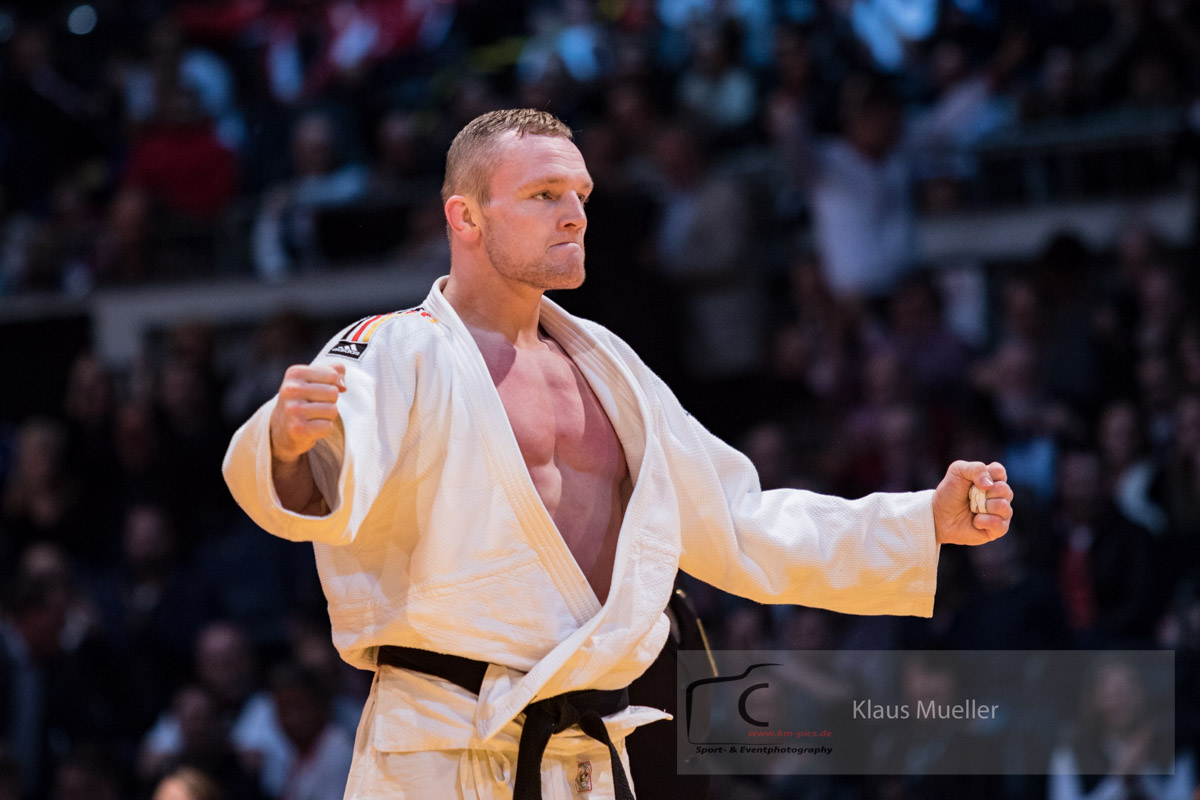
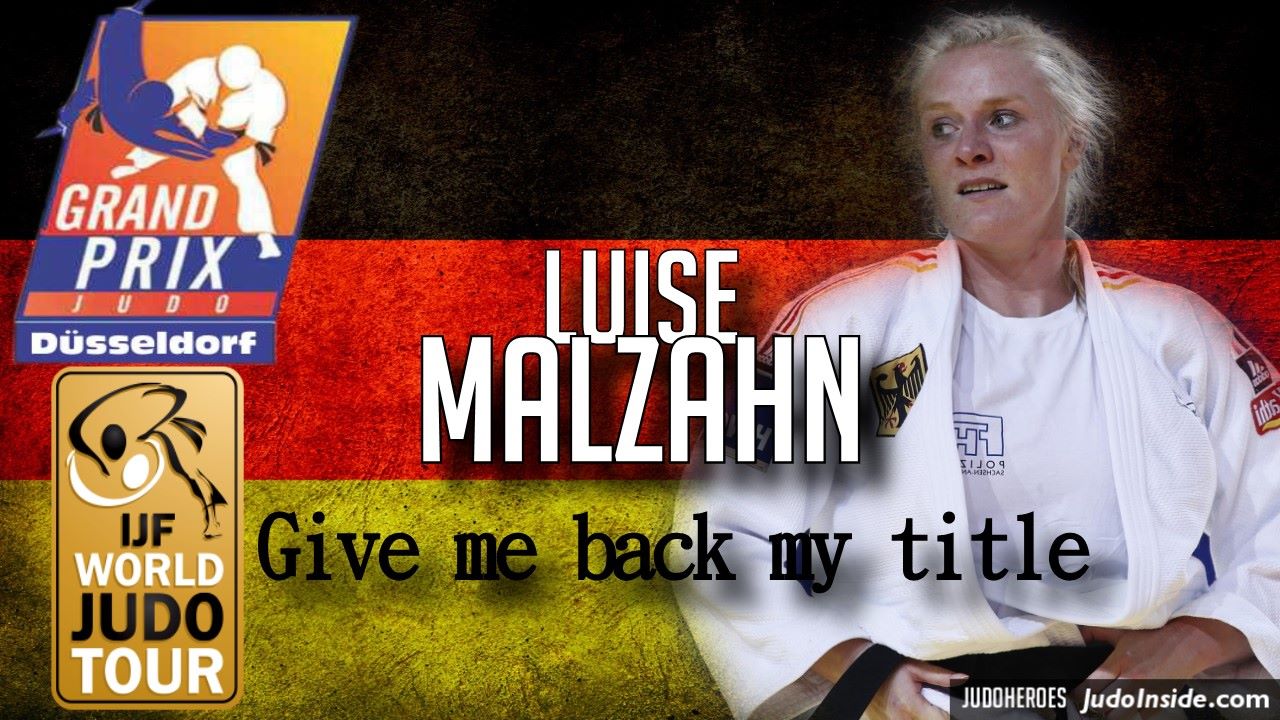
 (4).jpg)
